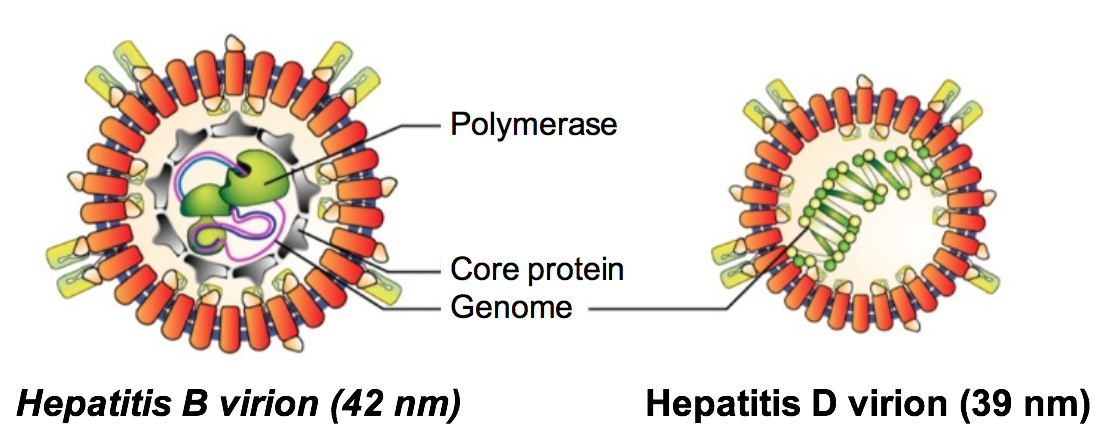03.09.2018- Can a peptide cure chronically infected hepatitis B and D patients?
Although the weather was rather non-inviting, CRC 1279 warmly welcomed Prof. Stephan Urban from Heidelberg University to the first Monday seminar after the summer break. As CRC speaker Frank Kirchhoff mentioned, Urban holds the first professorship for “Translational Virology” in Germany and is an honored member of our scientific advisory board. Although Urban “never intended to go into applications”, he invented a peptide that has great potential in future curative therapies for hepatitis B and D patients. The peptide, termed ‘Myrcludex B’ is derived from the N-terminal domain of the hepatitis B virus (HBV) large surface protein. It binds to the hepatocyte surface protein NTCP (sodium taurocholate co-transporting polypeptide), which is used by both the hepatitis B and delta virus (HDV) to infect liver cells. If the peptide blocks this receptor, the viruses cannot enter the cell and infection is prevented. Remarkably, the peptide inhibits both HBV and HDV already at picomolar concentrations. Urban not only explained the underlying mechanisms in an illustrative way but also presented recent clinical results on Myrcludex B development. In the largest clinical trial until now, the 47-amino acid peptide profoundly decreased HDV viral loads in HBV/HDV co-infected patients after 24 weeks of treatment. Moreover, markers for liver inflammation were reduced1. However, since the NTCP receptor molecule is also a bile salt transporter, its blockage results in elevated bile salt levels in treated patients. “Bile salts are more than ‘Spüli’ (dishwashing detergent) for the fat”, Urban comments. Far from being a negative side effect, there are signs that increased bile salt concentrations could be even beneficial for the treatment of inflammatory diseases. In the end, Urban fully convinced even critical minds in the audience about his first-in-class entry inhibitor for HBV and HDV. His enthusiasm and inventive spirit were really infectious and we could learn a lot from this successful and authentic researcher.
For more information see also: Lempp, Florian A., Yi Ni, and Stephan Urban. "Hepatitis delta virus: insights into a peculiar pathogen and novel treatment options." Nature Reviews Gastroenterology & Hepatology 13.10 (2016): 580.
1 Wedemeyer, H., et al. "Final results of a multicenter, open-label phase 2b clinical trial to assess safety and efficacy of Myrcludex B in combination with Tenofovir in patients with chronic HBV/HDV co-infection." Journal of Hepatology 68 (2018): S3.


